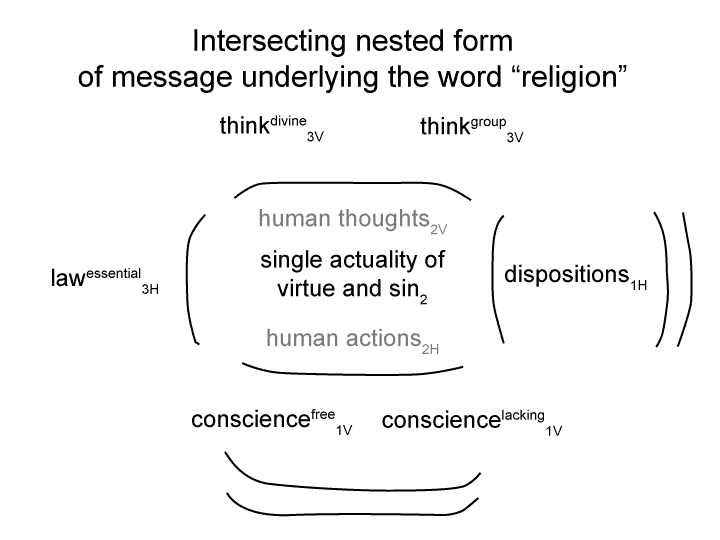[Let me take this one step further.
If Person A were disposed to other, more kinky options, ‘he’ could see Person B as “a perverted instrument of a higher power”.
In this case, Person B may be portrayed as “a bad one”. This carries the implication is that B’s (apparent) haughtiness is driven by pleasure, in particular, the pleasure of victimizing others.
Is Person A addicted to ‘his’ habituated emotions concerning ‘his’ rightfulness?
Does Person A project ‘his’ own addiction onto Person B?
If so, Person A accuses Person B of precisely “what Person A longs to do” but cannot publicize it. Person A wants to take pleasure in hurting a bad one.
By making an innocent suggestion, Person B has targeted ‘himself’.
Person A has identified Person B as a bad one.]

